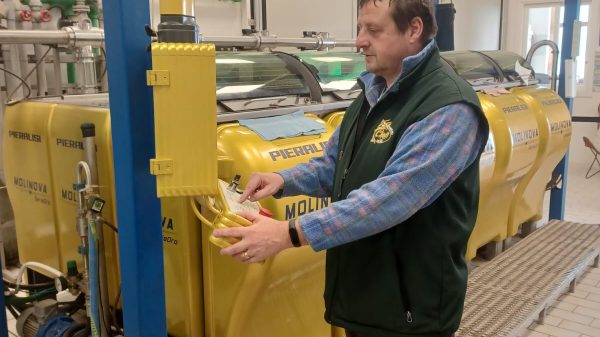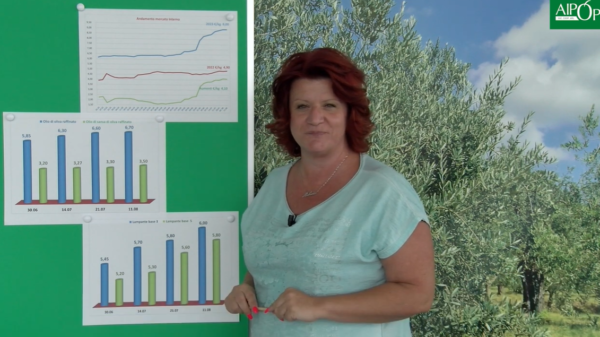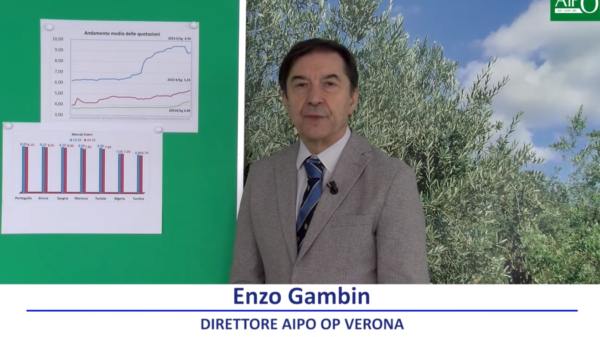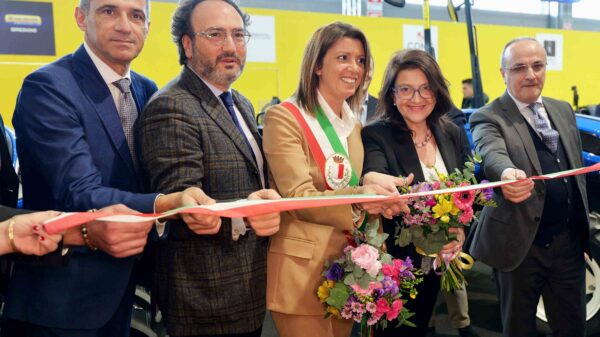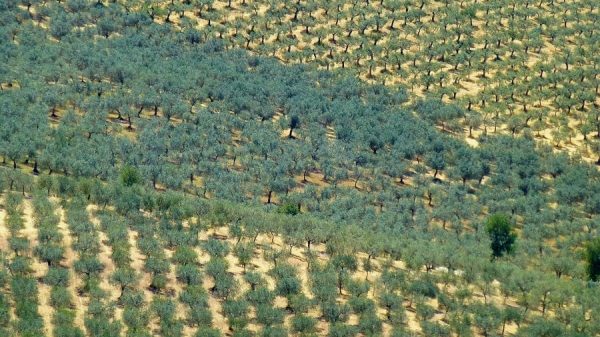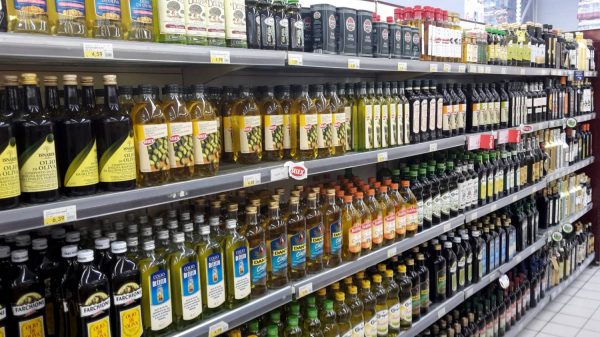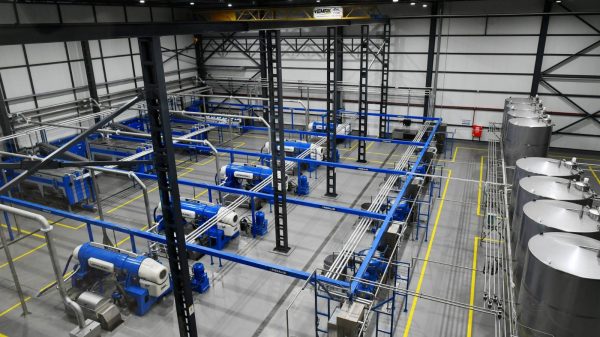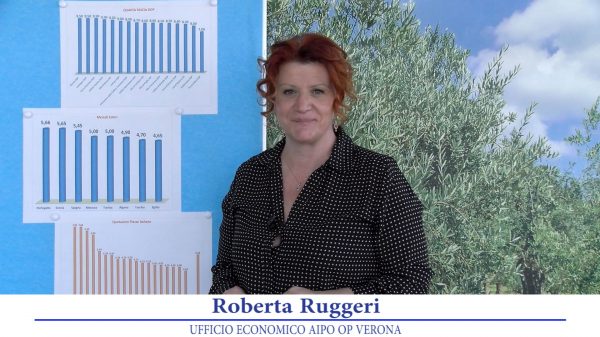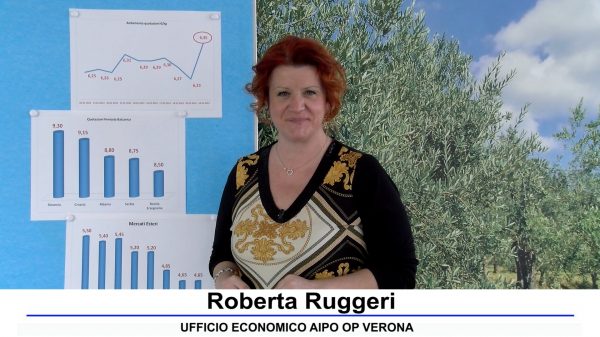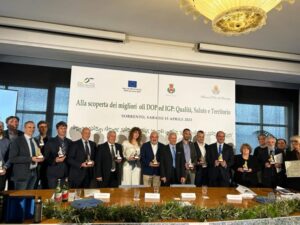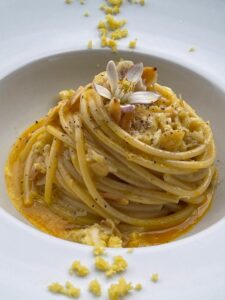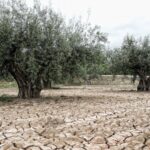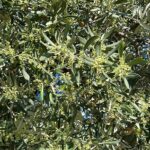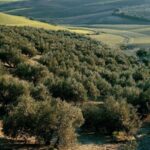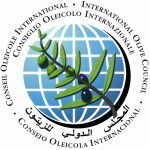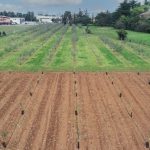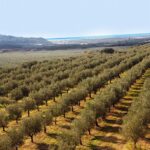The meeting sponsored by Pieralisi in collaboration with AIFO – Italian Association of Oil Millers dedicated to Ministerial Decree on 'modernization of the mills – from which the regional calls for tenders will then have to be issued total of 100 million – it was an opportunity to learn more about the general objectives pursued by the Decree itself and the reasons behind the admission to funding of crushers, kneaders, decanters and separators.
It must be said that - as anticipated at the time by The Olive News – during a meeting organized in mid-March between the Ministry of Agriculture and Food Sovereignty and the sector associations, it was agreed to propose to the competent bodies a revision of the aforementioned Decree in order to allow a general increase in funding rates in capital account (grant). These will pass by 40 or 50% in which they were divided before (depending on the regions) al 65% in all regions e 80% in the case of young entrepreneurs, also confirming the possibility of cumulative tax credit. This revision and the relative notification to the Offices of the European Union will cause one postponement of the deadlines for submitting the application and for the investigation by at least one quarter, making it impossible to carry out the investments in the next olive growing campaign, but will have no influence on the term of the investments indicated, in any case, for the year 2026.
- goals that arises with this Decree are the following:
- one sustainability and circular economy with reuse of by-products and reduction of scraps/waste;
– a general thermal and energy efficiency with optimization of consumption;
– the overall improvement of oil quality;
- the extension of the life or shelf-life of the oil with maintenance over time of the health characteristics (and therefore a cleaner oil production in terms of vegetation water, solid and mucilaginous residues and a reduction of oxidative phenomena during the entire extraction process - minimization of contact with oxygen - with a consequent increase in the phenolic content with antioxidant action).
So here are the details of the interventions allowed by type of machine and consistency with the objectives mentioned above.
crushers – The replacement of hammer crushers with crushers that operate a "differentiated" crushing on the constituent parts of the fruit is permitted. This is to ensure the improvement of the quality of the virgin and extra virgin olive oil due to the increase in the concentration of phenolic compounds with an antioxidant action.
Grams – The replacement of traditional kneading machines with continuous/confined kneading machines is eligible for financing. Coherent intervention for the reduction of the quantity of oxygen present with a corresponding increase in the phenolic content of virgin and extra virgin olive oils without modifying the volatile compounds. Again for the malaxers, the purchase of high energy efficiency heat exchangers for the heat exchange for the rapid thermo-conditioning of the olive paste in post-pressing is also supported by a contribution. This intervention aimed at three objectives: increase in the efficiency of the positive and negative heat exchange, with a reduction in the consumption of energy used for the conditioning of the pastes carried out with other methods (eg kneading machines); increase in product quality in terms of oxidative stability and concentration of phenolic compounds; increase in the concentration of volatile compounds characteristic of the individual varieties, which contribute to increasing the intensity of the "green" type of fruitiness.
Decanters – The replacement of three-phase extraction plants with new two-phase extraction plants or alternatively with low-dilution three-phase extraction installations is financed (also including multi-phase extraction installations). Coherent intervention also in this case with at least three objectives: the reduction of the quantity of source water used for dilution in the extraction phase, which goes from 0,5 – 0,2 mc/ton to 0,2 – 0 mc/ton of processed olives; the reduction of the production of vegetation waters with polluting power; finally, the production of oils with a higher concentration of phenolic compounds with an antioxidant action.
Separators – The tender allows public support to be received for the addition of the vertical separator in plants without it, in line with the dual objective on the one hand of producing cleaner oil in terms of vegetation water, solid and mucilaginous residues, on the other a reduction in filtration times and in the amount of filter material to be disposed of.
In addition to the four types of standard machines for oil mills, the tender also examines other opportunities not always strictly connected to the production of olive oil (but more linked to interventions for the recovery of by-products), which we will be able to dwell on in a next occasion.
di

